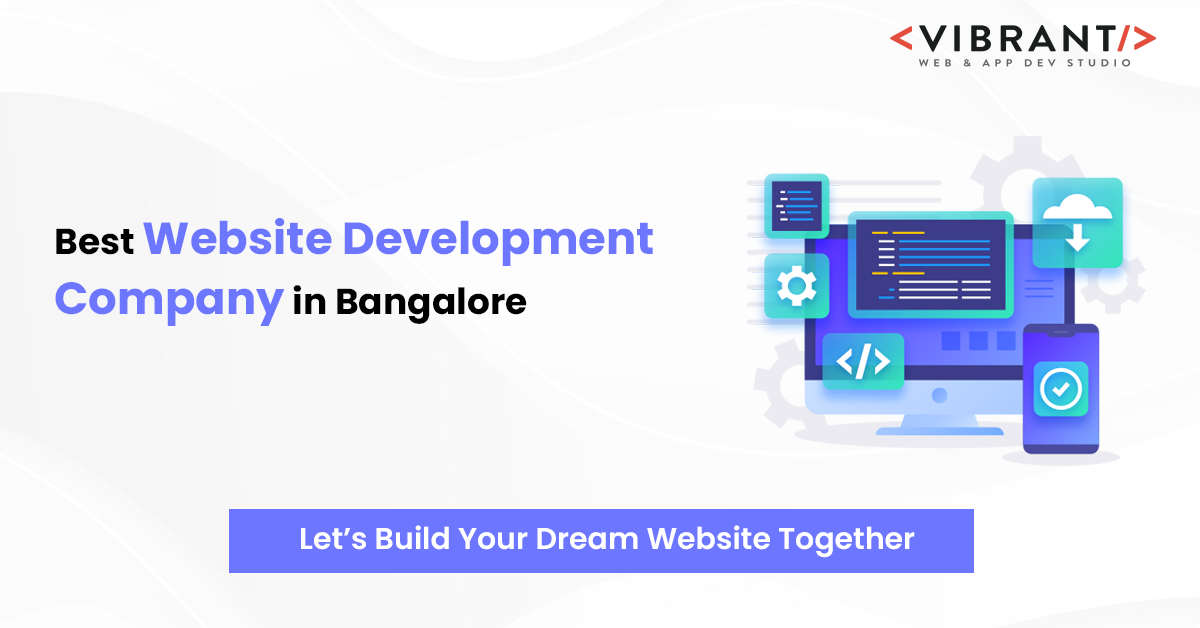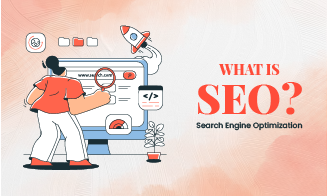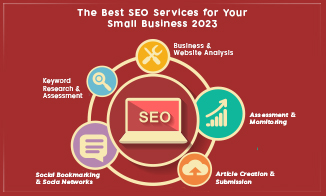
Among all the front end development structures available in the market, the two that have secured their place in the list of Top 15 JS Frameworks for 2020 are React and Angular. In the next few minutes, you will be guided about what separates Angular and React from each other, what are the advantages of choosing them over others and when exactly you should go for one of them.
Before we start discussing, I think we should learn the basics of React and Angular:-
ReactJS is an open-source JavaScript algorithm introduced by the social media giant, Facebook to build effective user interfaces. This platform is based on JavaScript and JSX (a PHP extension) and is renowned for developing scalable HTML components for front-end development.
On the other side, Angular is an open-source front-end development platform endorsed by Google. It is a part of the MEAN stack and is compatible with a large number of code editors and is considered for creating dynamic websites and web apps.
What to choose
| Benefits of React JavaScript Library | Benefits of Angular Front-End Development Framework |
|---|---|
| Better User Experience | Cleaner Code |
| Time-Saving | Higher Performance |
| Quick Development | Material Design-like Interface |
| Faster Testing | Better Error Handling |
| Code Stability with One-directional data binding | Seamless Updates using Angular CLI |
When to Use React for Developing an App?
You should go with ReactJs when you fulfill these below-mentioned conditions:-
● Your team has experienced developers who are excellent in HTML, CSS, and JavaScript.
● You need an extremely customized specific app solution.
● A myriad of elements with different and often variable states – active/inactive navigation items, dynamic inputs, user login and access permissions, buttons enabled/disabled, etc. is involved in the development process.
● Components are expected to be shared across multiple applications as the app project
expands.
● You wish to spend time on pre-development preparation.
When to Consider Angular for App Development?
Working on the Angular framework in a good choice when:-
● Your team has experience with Java, C#, and previous versions of Angular.
● App complexity lies from Low to Medium level.
● You embrace ready-to-use solutions and need higher productivity.
● You wish to embrace Bundle Budgets in the CLI option, which informs the developers when the app bundle size exceeds the pre-decided value. In other words, selecting Angular is the right decision when you want to regulate app size.
● You need a large-scale feature-rich application.
Some of the frequently asked questions
1. What is the difference between Angular and React?
There are end number of differences among Angular and React. For instance, React acts with one-way data binding and on the other hand Angular capacities utilizing two-way data binding. Similarly, Angular uses genuine DOM while React relies on virtual DOM.
2. Is Angular faster than React?
No, React is more quicker than Angular since it relies upon Virtual DOM.
3. Is React the best framework?
The answer to this specific question changes as indicated by what your application needs. React is the best system to utilize when you need to plan an exceptionally tweaked application utilizing variable states – dynamic inputs, active/inactive navigation items, buttons enabled/disabled, a user log in and access permissions, etc.
4. What is more famous: React or Angular?
It is hard to state or pick between React or Angular. While React has more hunts, Angular is exceptionally considered by engineers because of the accessibility of instant arrangements – inferring both are famous in the market.
5. Which is anything but difficult to learn Angular or React?
React is far simpler to learn.
6. Why Is React More Popular Than Angular?
React has a diverse and vibrant environment that provides designers the adaptability to make your applications. This makes it more well known than Angular.





